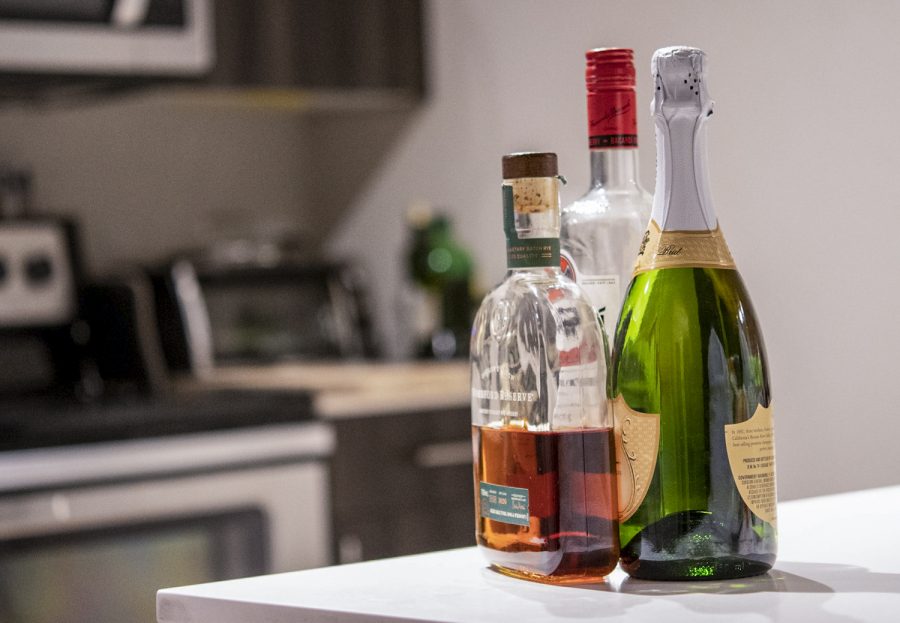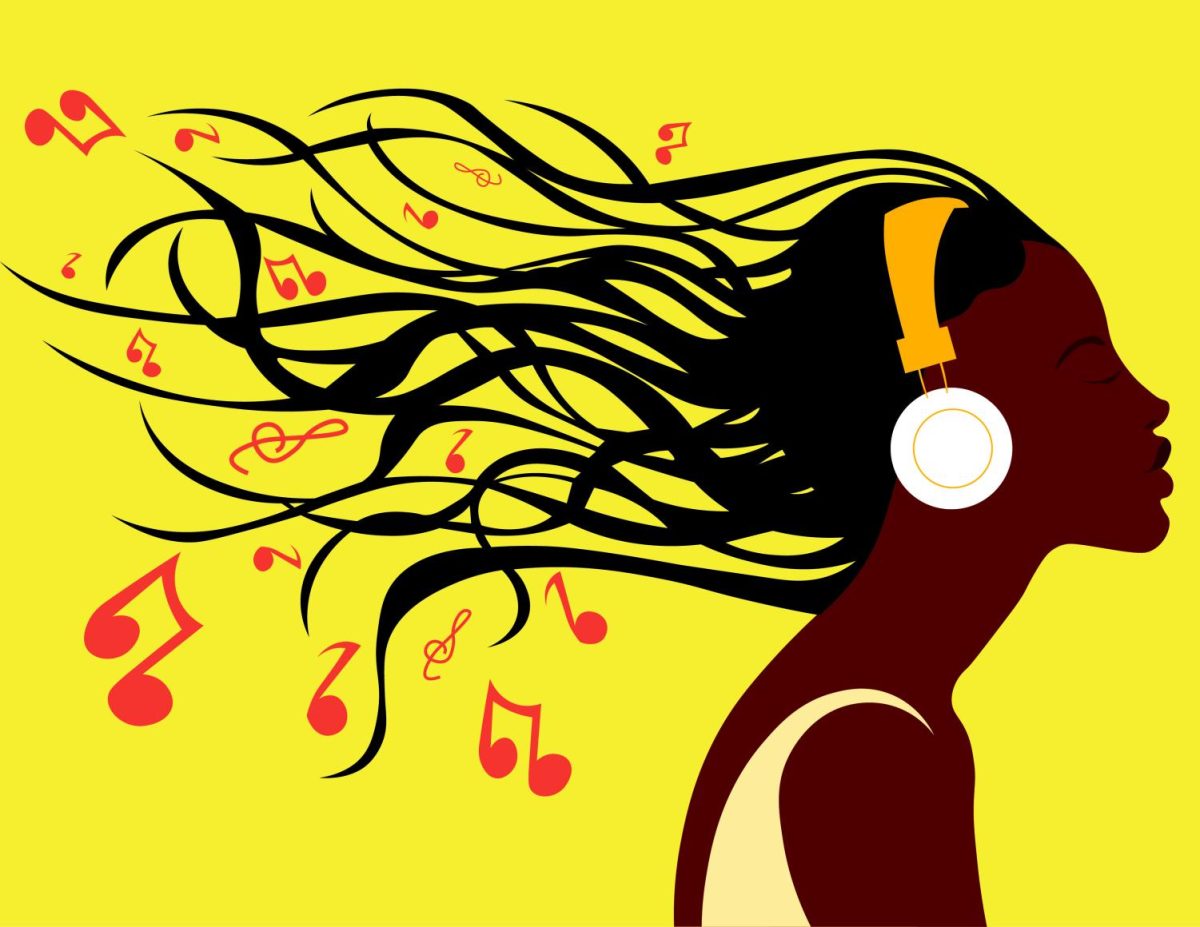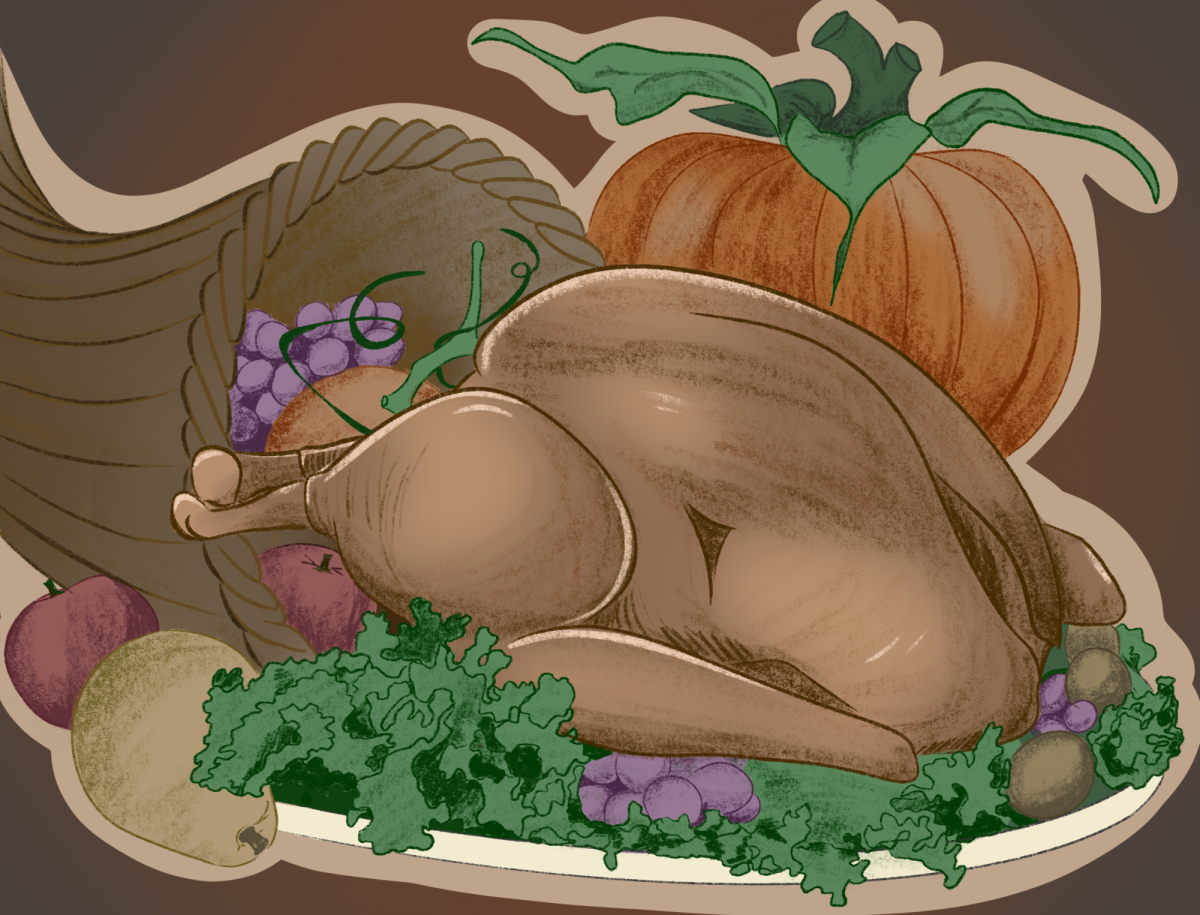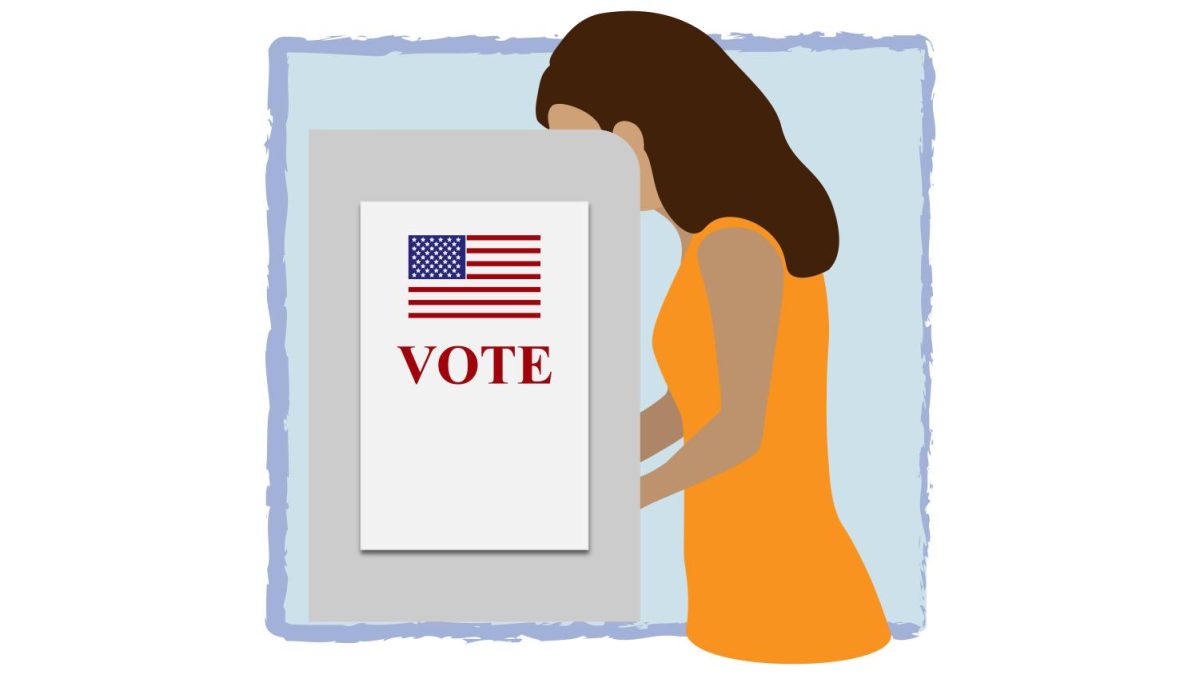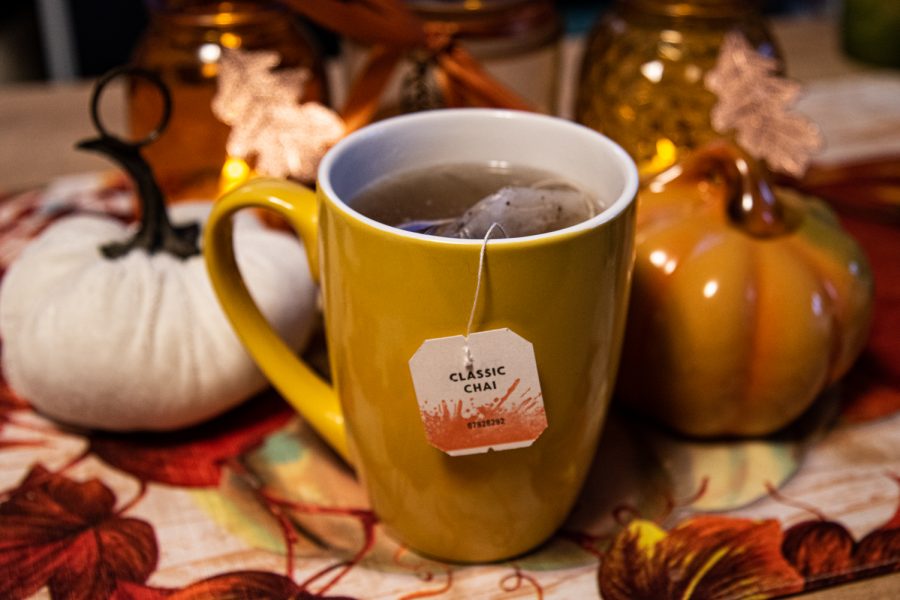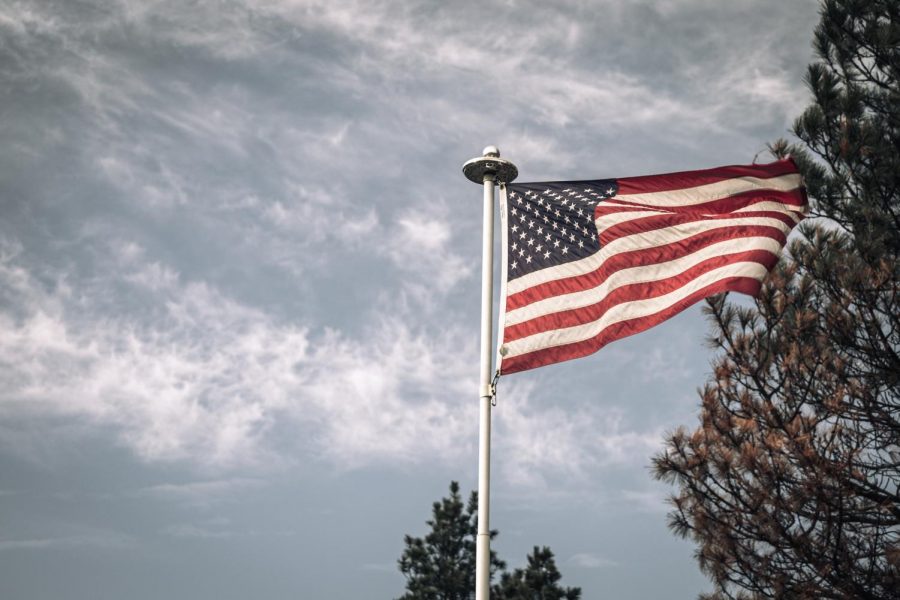Dear Life Section,
I have been excited for Halloween since the beginning of October. More than usual since I can finally attend parties after an entire month of work and exams.
However, I am a bit anxious about how I would deal with the alcohol consumption and the hangover that follows it. Do you have any suggestions for letting the hangover pass by easily?
Sincerely,
Hungover Coug
Dear Hungover Coug,
Hangovers take place because of the alcohol’s impact on our immune system and the dehydration that comes with it. Besides, alcohol also interrupts our sleep and digestion.
The best way to prevent a hangover would be to remain hydrated throughout the alcohol consumption. Drinking a glass of water before, during and after alcohol can be extremely helpful.
For the morning after, electrolyte-rich drinks like coconut water, watermelon juice, milk and sports drinks can help to replace the minerals lost during alcohol consumption.
Eating before drinking would slow down alcohol absorption in the body, thus delaying drunkenness. Although most youngsters avoid eating before drinking, it could prove to be a good decision to do so.
Having carb-heavy or gentle foods after drinking would help the body regain its strength. Most people, if not all, do not enjoy the taste of food when the hangover commences. However, bananas, soups, toasts, bagels and vitamin-c-rich juices can be refreshing and boost immunity as well.
Oats contain beta-glucan which has anti-inflammatory fibers that help with the hangover.
Ibuprofen or aspirin can help if taken the next day, cautiously. However, Acetaminophen is harmful to the alcoholic stomach and should be avoided as it can impact the liver.
Cold or warm compresses on the forehead and the back of the neck could help reduce hangover headaches and offer relief without medications.
Alcohol interferes with the sleep cycle so getting enough sleep after the night out is essential. Extra hours of sleep can be beneficial for getting back on track.
Sleeping in a dark, silent room with minimal exposure to screen and light before bed can be more effective.
Caffeine can be non-negotiable; however, it dehydrates the body even more. The best idea is to avoid caffeine, but if you cannot, try to remain more hydrated than usual.
Ginger-turmeric tea usually help with hangovers. They tend to reduce nausea and an upset stomach.
The type of alcohol you drink also matters. Congeners like vodka, rum and tequila tend to cause more severe hangovers compared to darker spirits like red wines and whiskey. Choosing your drinks wisely and avoiding a mixture of spirits can be helpful too.
Other than that, too much alcohol consumption over time can lead to liver inflammation which could cause multiple health problems.
Mindful drinking could be a final takeaway. Try to set an intention and limits before drinking. Know your tolerance and the effect peer pressure has on you. Maintain your ground and be respectful to your body. Reflect on your nights to see what you would like to maintain and what would be best to change.
Happy drinking!
Best,
The Life Section

